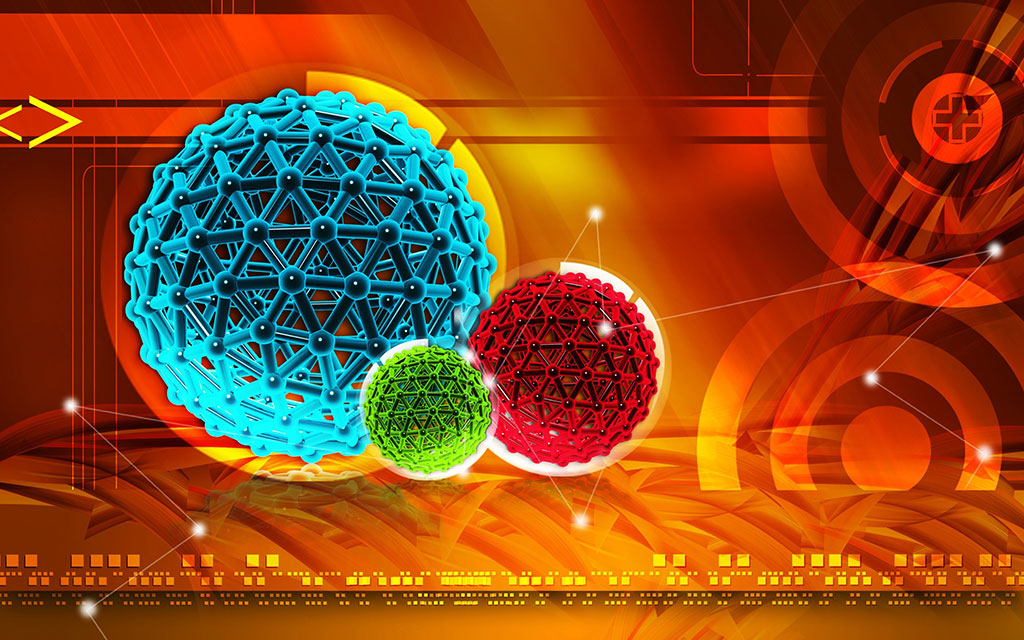New Method Using DNA Nanoballs to Revolutionize Pathogen Detection
Posted on 08 Sep 2023
Throughout the recent COVID-19 pandemic, protein-based diagnostics played a significant role in rapid testing. However, developing high-quality antibodies for these methods is time-consuming. In contrast, nucleic acid-based approaches offer advantages in terms of development ease, sensitivity, and flexibility. Scientists have now pioneered a novel technique using DNA Nanoballs for pathogen detection that could simplify nucleic acid testing and revolutionize pathogen identification. Their research could pave the way for a simple electronic-based test to quickly and affordably identify various nucleic acids in diverse scenarios.
The methodology developed by researchers at Karolinska Institute (Stockholm, Sweden) combined Molecular Biology (specifically DNA Nanoball generation) with electronics (electric impedance-based quantification) to create this groundbreaking detection tool. They are cautiously optimistic about its potential to identify a range of pathogenic agents in real-world settings. The team modified an isothermal DNA amplification reaction called LAMP to produce tiny DNA nanoballs measuring 1-2μM if the pathogen was present in the sample. These nanoballs are then guided through tiny channels and electrically identified as they pass between two electrodes. The method has demonstrated impressive sensitivity, capable of detecting as few as 10 target molecules, and provides rapid results in under an hour using a compact, stationary system.

This label-free detection method has the potential to accelerate the development of new diagnostic kits. By combining affordable mass-produced electronics with lyophilized reagents, it could become a cost-effective, widely accessible, and scalable point-of-care device. Currently, the research team is actively exploring applications in fields such as environmental monitoring, food safety, virus detection, and antimicrobial resistance testing. They are also considering licensing options and establishing a startup to leverage this technology, having recently applied for a patent.
“Fast and accurate detection of genetic material is key for diagnosis, especially so in response to the emergence of novel pathogens,” said principal investigator Vicent Pelechano.
Related Links:
Karolinska Institute













